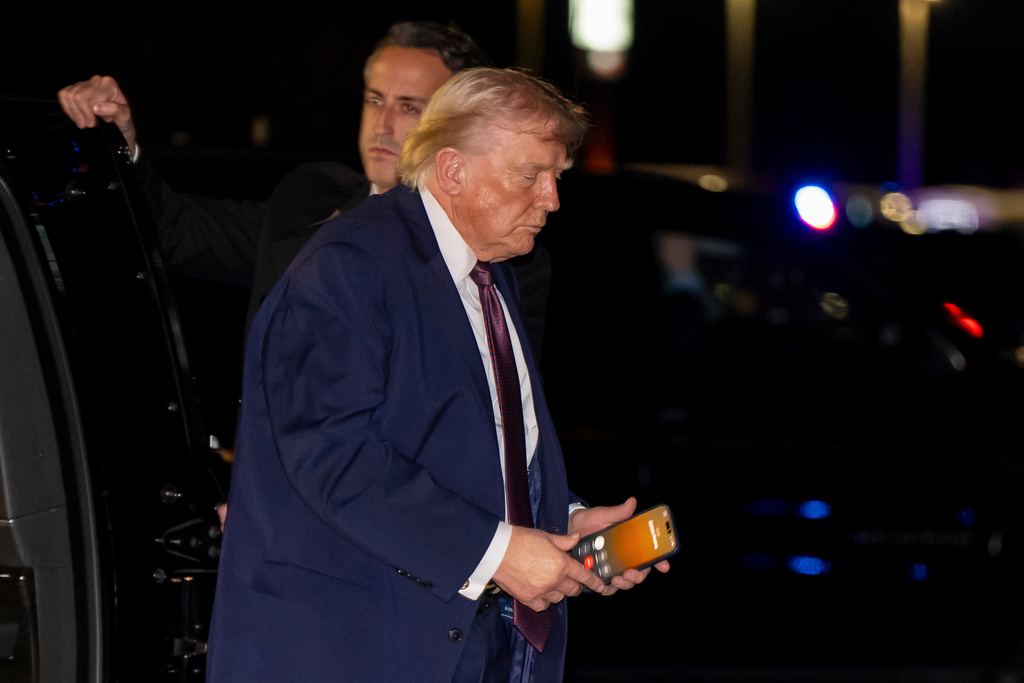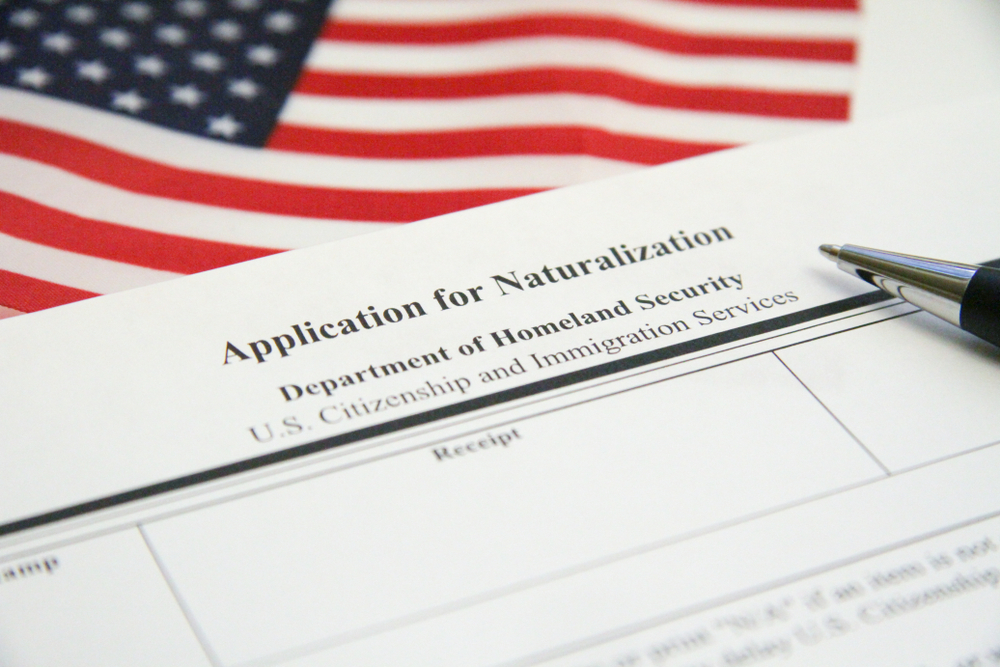Ebola in America. It's a pretty scary thought, and one that's likely been weighing on people's minds given the current outbreak in West Africa. So when the news broke that two Americans infected with the virus are being transported to the U.S., people were understandably a little freaked out.
The identities of the two patients haven't been officially announced, but they're widely believed to be healthcare workers diagnosed with the virus last week. They're both being flown via private jet to secure containment facilities in Atlanta's Emory University Hospital for further treatment. (Via Samaritan's Purse, CBS)
The two patients were infected battling the largest Ebola outbreak in history. The World Health Organization estimates the virus has killed over 729 people so far, with an approximate fatality rate of 56 percent. There is currently no vaccine or cure for the disease. (Via Doctors Without Borders)
CDC director Tom Frieden told CNN the decision to evacuate the patients was made by the organizations they worked for — but added the U.S. government has an obligation to provide the best possible care for the stricken workers. (Via Geoffrey Cowley / CC BY SA 3.0)
"I know that it creates a fear in people, but I really hope that people's fear won't outweigh their compassion. ... If people who are working on that response get sick, we care for them."
Still, the decision is generating a lot of fear and anger on Twitter from people worried about an accidental outbreak on American soil. Even Donald Trump joined the criticism of the evacuation effort, arguing the patients can be adequately cared for in West Africa. (Via Twitter / @Schmidt2R, @TheBardockObama)
In the face of this potential hysteria, medical authorities throughout the media are making one thing very clear: those fears are groundless.
"U.S. hospitals are well prepared to appropriately handle an infected person." (Via WAGA)
"It is safe, it is smart, it is prudent, it does not put people at risk." (Via NBC)
"They are sure to get good care, and it will be done safely. There is no risk to the general population." (Via Fox News)
To reassure people, health officials are emphasizing two key points about the decision — first, that it's not as easy for the virus to spread as you might think. Ebola is not airborne and transmitting the virus requires direct contact with the bodily fluids of someone who's already infected. (Via Centers for Disease Control and Prevention, World Health Organization)
The other thing to keep in mind is America's stringent protocols for handling patients with infectious diseases, which Vox goes into some detail about. Those procedures ensure that, even in a worst-case scenario, "[it's] still unlikely that Ebola will get farther than a local problem in one city or town."
Of course, none of this changes the severity of the West African outbreak, which WHO officials warn is spreading faster than they can control it. On Friday, the organization announced a $100 million plan with other affected nations to fight the outbreak. (Via The New York Times)
The CDC notes Ebola has an incubation period of up to 21 days, and can manifest itself symptoms such as fever, stomach pain, vomiting and diarrhea.











